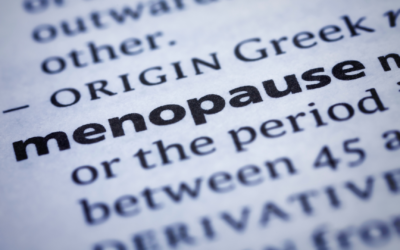What does mental resilience mean to you? When research by the Mental Health Foundation shows that a quarter of workers consider resigning due to stress, and one in four are affected by mental health issues at some point, we know that psychological wellbeing is important — and yet it’s become such a bandied-about buzzword that it’s in danger of meaning not much at all.
So is it simply being “strong”? Is it innate, or can you build it? And if you’ve got it, what chips away at it?
“Resilience is the ability to adapt and bounce back from difficult events, challenges, disappointments or adversity. It’s not about being strong or having a ‘stiff upper lip’,” explains Dr Wolfgang Seidl, Workplace Health Consulting Leader for Mercer Marsh Benefits. “Your resilience level isn’t set in stone. It’s dynamic, and you can increase it.”
We are four days into International Stress Awareness week so in this second instalment of The Watercooler, we are going to investigate what resilience is — and you can find out more at The Watercooler event on February 23 and 24: the largest expert-led celebration of workplace wellbeing in the UK with over 120 speakers.
The key to resilience is helping people move from feeling powerless to feeling powerful. “The emotions we feel are ultimately a choice,” says freelance Happiness Officer Danielle Woods. “However, it shouldn’t all fall to the individual, and it’s important for employers to take responsibility for the environment they’re creating.”
This article was written by Libby Galvin on behalf of The Watercooler for the Evening Standard.




